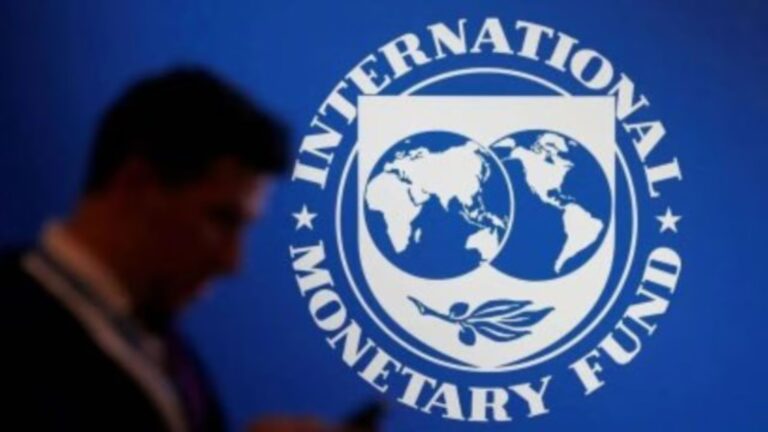Pakistan has asked the IMF for a new loan package of $6 billion to $8 billion and will meet with officials from the Washington-based financial institution to discuss new bailout terms for the cash-strapped country. Saturday, according to media reports.
An IMF-supported team arrived in Pakistan to discuss the request for new relief under the Extended Fund Facility (EFF).
Pakistan has formally requested a new bailout package of $6 billion to $8 billion under the EFF, potentially enhanced through climate finance, which, if successful, would mark the country’s 24th IMF bailout program.
International Monetary Fund communications director Julie Kozak said Thursday that “our mission team, led by our mission chief, Nathan Porter, is currently meeting with authorities this week to discuss the next steps in our engagement with Pakistan.” Ta.
Esther Perez Ruiz, the IMF’s representative in Pakistan, said a team led by Porter would meet with Pakistani authorities “to discuss the next steps in our engagement.”
She further said that the aim of the negotiations is to “lay the foundations for better governance and stronger, more inclusive and resilient economic growth that will benefit all Pakistanis,” Geo News reported. Reported.
The team will be in the country for more than 10 days, receiving data from various departments and also discussing the next budget for fiscal year 2025 with finance ministry officials, Geo News reported, citing sources.
Pakistan and the IMF last Tuesday began negotiations on a new rescue package to address the cash-strapped country’s fiscal challenges and implement important reforms, according to media reports.
Last month, Pakistan completed a short-term $3 billion program with the IMF to rescue the country from debt default.
The Express Tribune said it was unclear whether the IMF’s mandate would end with a formal staff-level agreement on the next relief package.
The report, citing sources, said the duration, instruments and scale of the next IMF program are open to debate.
Pakistan narrowly avoided default last summer and the economy stabilized after the completion of the last IMF program, with inflation falling from a record high of 38% last May to about 17% in April.
The country still suffers from a large fiscal deficit, and although the external balance of payments deficit has been controlled through import control mechanisms, growth has stagnated, with growth expected to be around 2% this year compared to last year’s negative growth. is expected.

